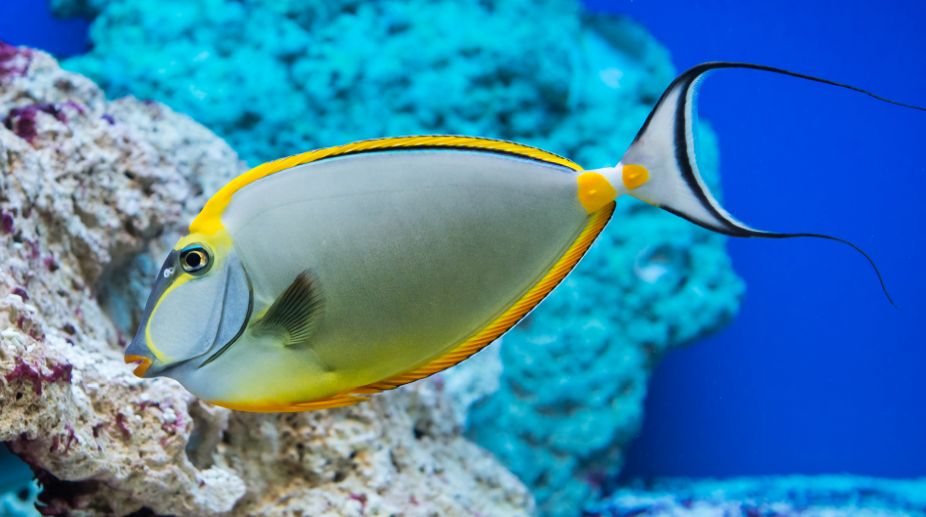Highly protected marine reserves can help mitigate sea-level rise, ocean acidification and other major impacts of climate change, scientists say.
The study showed that reserves can help marine ecosystems and people adapt to key impacts of climate change such as ocean acidification, sea-level rise, increased intensity of storms, shifts in species distribution, and decreased productivity and oxygen availability.
Advertisement
The reserves can also promote uptake and long-term storage of carbon from greenhouse gas emissions, especially in coastal wetlands, which helps reduce the rate of climate change.
However, these benefits can be greater only in large, long-established, well-managed reserves that have full protection from activities such as fishing, oil and mineral extraction.
Relative isolation from damaging human activities may add to further conservation benefits, the researchers said.
"Well-managed marine reserves can offer the ocean ecosystem and people critical resilience benefits to rapid climate change," said lead author Callum Roberts, Professor at the University of York.
Further, the study, published in the Proceedings of the National Academy of Sciences, showed that protecting more of the ocean will also improve the outlook for environmental recovery after greenhouse gas emissions have been brought under control.
"We were keenly aware that marine reserves can increase species' abundance and help alleviate food scarcity, but our evaluation showed reserves are a viable low-tech, cost-effective adaptation strategy that would yield multiple co-benefits from local to global scales, improving the outlook for the environment and people into the future," added Beth O'Leary, research student at the University of York.
Currently, only 3.5 per cent of the ocean has been set aside for protection with just 1.6 per cent fully protected from exploitation.
International groups are working to raise the total to 10 per cent by 2020, while delegates to the International Union for the Conservation of Nature's 2016 World Conservation Congress agreed that at least 30 per cent should be protected by 2030.











